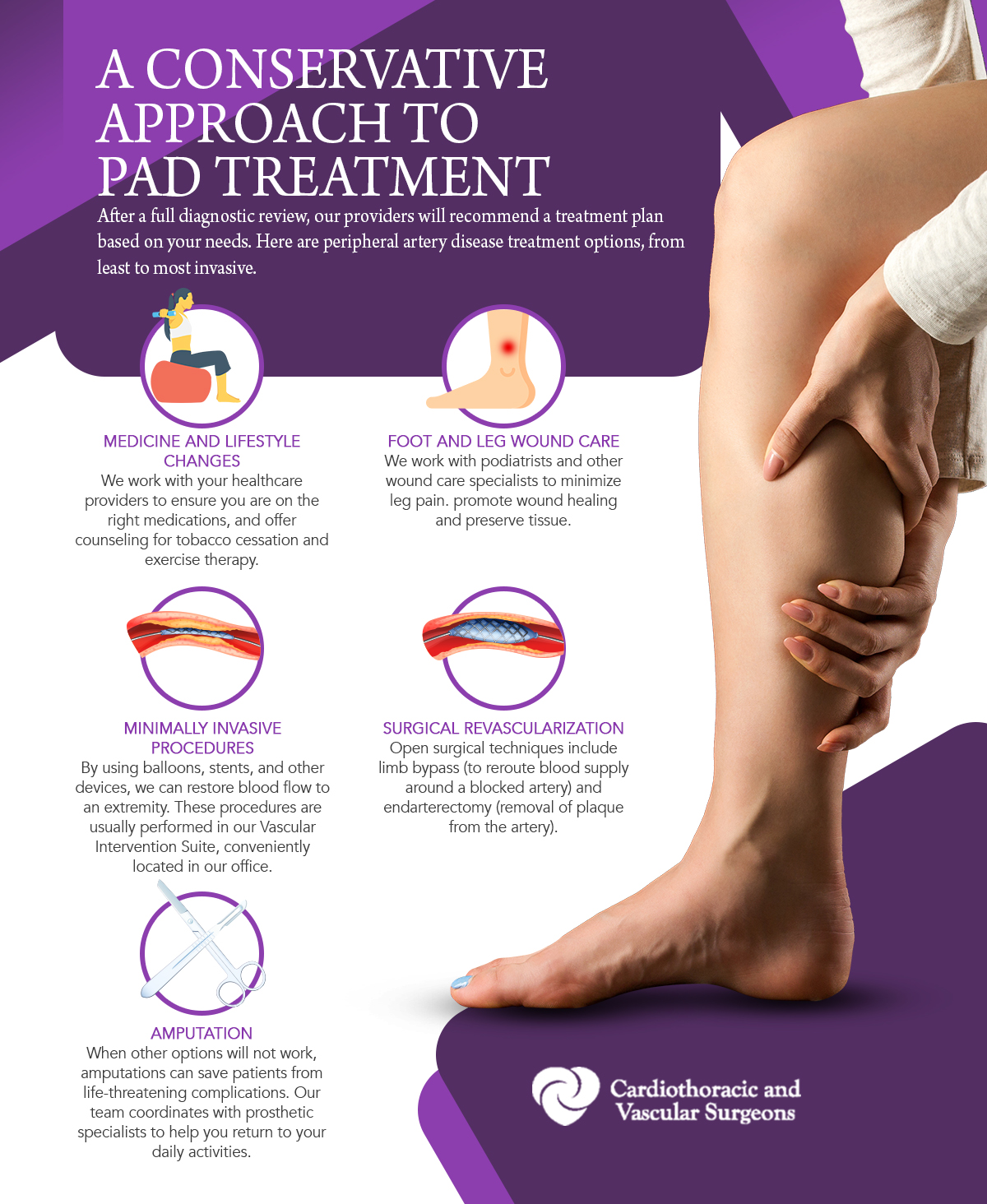It’s normal for cuts or blisters to heal on their own. Our bodies can heal themselves with the right amount of care and clean. If a wound does not heal after up to six weeks or if it starts looking more swollen, redder and leaking fluid or emitting a sour smell, then it’s clear something is more complicated going on. Small sores can develop into a leg or foot wound that won’t heal. If untreated this could result in serious complications, and possibly an Amputation.

It’s time to seek help if you’re not able to heal a wound.
Some Wounds Do Not Heal
Knowing the reason why a cut will not heal can help both you and your doctor decide the best method of treatment.
In the beginning, if you suffer from diabetes, you’re at an increased likelihood of developing leg and foot ulcers that don’t heal well. The high blood sugar levels can cause damage to nerves, and you’ll not experience any injuries. It also hinders the flow of blood and makes it hard for minor cuts to heal.
A poor circulation can also be the cause. This can be related to venous or arterial ulcers. If your blood vessels or arterial arteries aren’t performing their job, then you won’t receive enough nutrients and oxygen to allow your skin to heal.
If you’re not able to move about, you could be prone to developing pressure ulcers.
The healing process can be hindered due to other causes, such as the age of the patient, certain medications autoimmune diseases, and poor nutrition. Sometimes, it’s a combination of all of these that cause an injury to not heal.
How long should healing be expected to take and what if it doesn’t?
It’s normal to wonder about how long healing “should take”. In reality, the amount of time required to heal is dependent on your overall health and the type wound. A small blister or cut might heal in just a few weeks. A deeper foot ulcer, or leg wounds not healing could take up to 12 weeks.
One thing you must remember is this: if you’re not seeing noticeable improvement after 4 to 6 weeks, don’t put off treatment. It’s the right time to seek treatment for your wound from an expert. The longer an open wound is left and is left untreated, the more dangerous it is likely to turn out to be.
The Right Help is What You Need
If your sore won’t heal, it’s not just “bad luck” or something to ignore your body is trying to tell you it needs help. What’s the positive side? There are treatments and experts that could make a huge difference. At our clinic, we specialize in treating non-healing foot ulcers and leg wounds, in conjunction with other healthcare professionals to develop an individual plan that gives your body the best chance to heal and to prevent amputations.
There are numerous options available to consider, whether they’re advanced wound dressings or even restoring blood flow. Also, there are special treatments such as hyperbaric oxygen. We’ll collaborate with you to heal your wound.
Final Thoughts
A wound that does not heal will affect your life in more ways than one. It can change your life. There is some hope. Don’t hesitate to seek assistance if the wound or sore on your leg isn’t going away, or you have an ulcer on your foot that’s not healing. The faster you seek help then the quicker you’ll return to the life you’ve always wanted without the pain and worry of a stubborn wound.